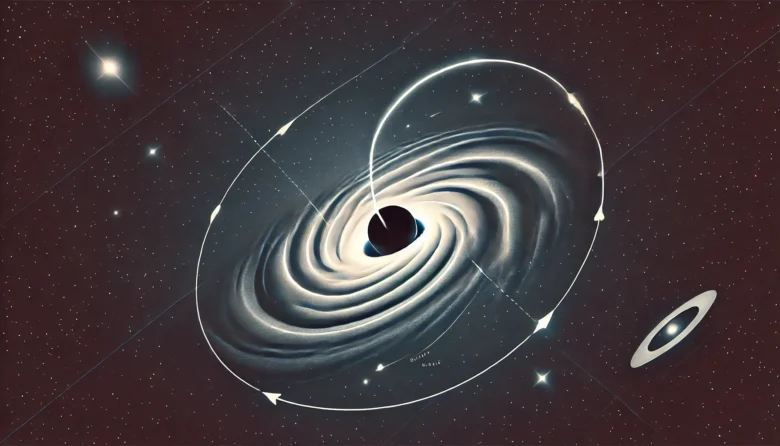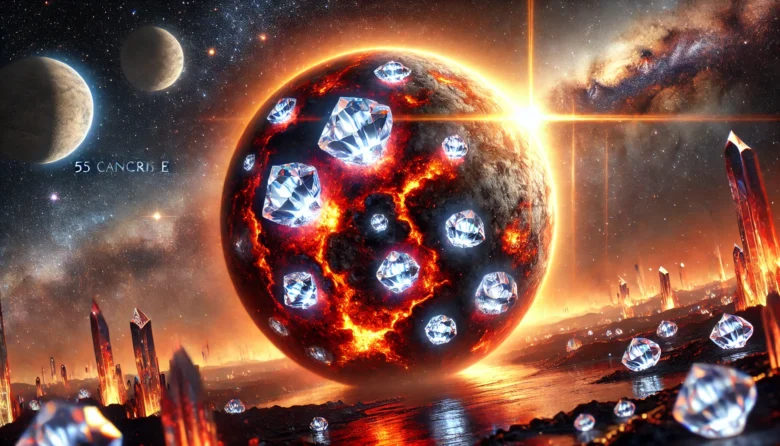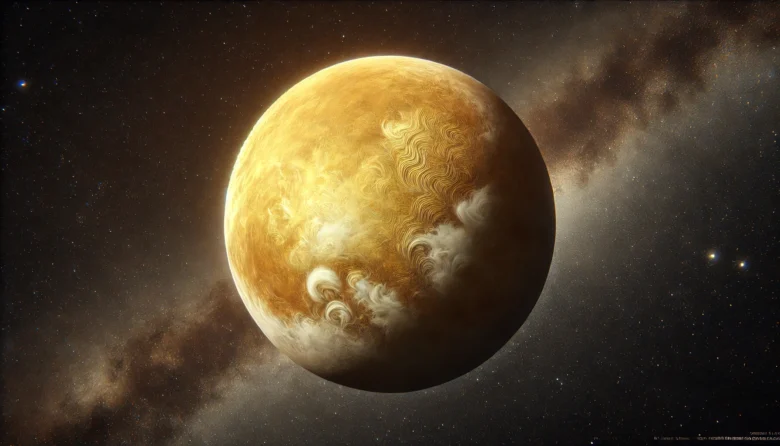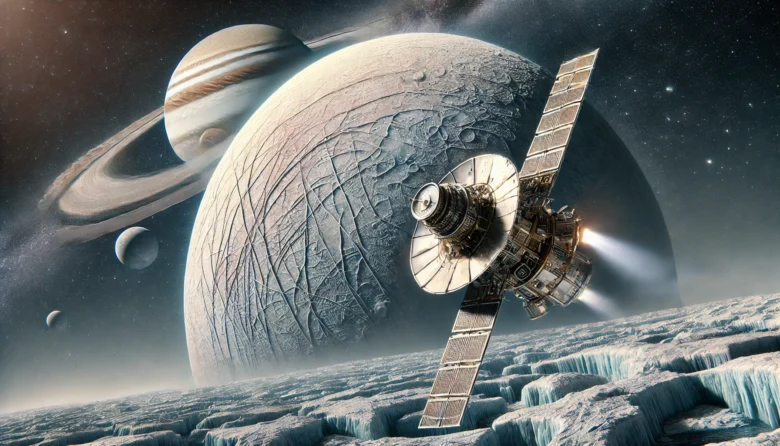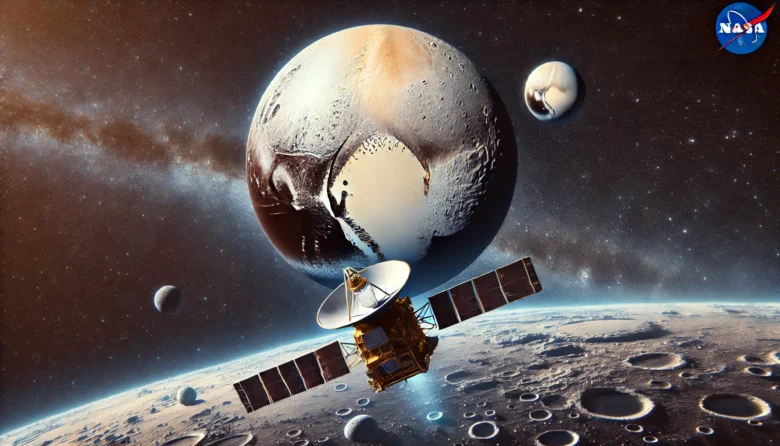Fun Fact: The closest known exoplanet to Earth, Proxima b, is just 4.24 light-years away, but scientists are now buzzing about a new super-Earth that might be even more promising for life! Imagine a planet where life could thrive beyond Earth. Scientists have discovered a potentially habitable super-Earth just 20 light-years away, and it’s making …
Did you know that gravity can bend light like a giant cosmic magnifying glass? This mind-boggling phenomenon, known as an Einstein Ring, is a spectacular example of how the universe plays tricks on our eyes. Recently, the European Space Agency (ESA) unveiled a stunning image of an Einstein Ring captured by its Euclid space telescope, …
Imagine a planet where diamonds aren’t hidden treasures buried beneath the surface but potentially cover the entire landscape. Sounds like the stuff of science fiction, doesn’t it? Introducing 55 Cancri e, a stunning exoplanet situated approximately 40 light-years from Earth in the constellation Cancer. Dubbed the “Diamond Planet,” this celestial body challenges our understanding of …
Imagine a world where a single day lasts longer than an entire year. That world exists, and it’s right in our cosmic neighbourhood! Venus, often called Earth’s “sister planet” due to its similar size and composition, defies our earthly expectations with its bizarre timekeeping. This unusual phenomenon—a day on Venus being longer than its year—is …
Did you know that scientists have discovered thousands of planets beyond our solar system, some of which might be capable of hosting life? This tantalizing fact is one of many that fuels the exciting field of astrobiology, a scientific discipline dedicated to understanding life in the universe. From the deep seas of Earth to the …
Fun Fact: Did you know that humanity is now looking at destinations far beyond Mars, with plans to explore distant moons and even other solar systems? Space exploration has always been the epitome of human curiosity and ambition. From landing on the Moon to sending robotic missions to Mars, we’ve taken significant strides in understanding …
Fun Fact: Did you know that quantum mechanics, which deals with the tiniest particles in the universe, can help us understand massive cosmic objects like black holes and galaxies? For centuries, astronomy has helped humans gaze up at the stars, wonder about the universe, and seek to unravel its many mysteries. While traditional astronomy has …
Fun fact: There are over 5,000 confirmed exoplanets outside our solar system, and that number grows with every new discovery! Imagine looking up at the night sky and wondering if any of those twinkling stars host planets like our Earth—places that could harbor life or hold secrets of how worlds are born. This fascinating question …
Fun Fact: Did you know that the Kuiper Belt contains more than 100,000 icy bodies larger than 100 kilometres in diameter? When we think of our solar system, the planets often take centre stage, with the Sun, Earth, Mars, and Jupiter grabbing all the attention. But beyond the orbit of Neptune lies a fascinating region …
Space is vast and full of mysteries, and among them are asteroids—rocky remnants from the early solar system. These fascinating celestial bodies, scattered throughout space, hold key insights into the formation of planets and even life on Earth. In this blog, we’ll take a closer look at the formation and composition of asteroids, exploring what …


